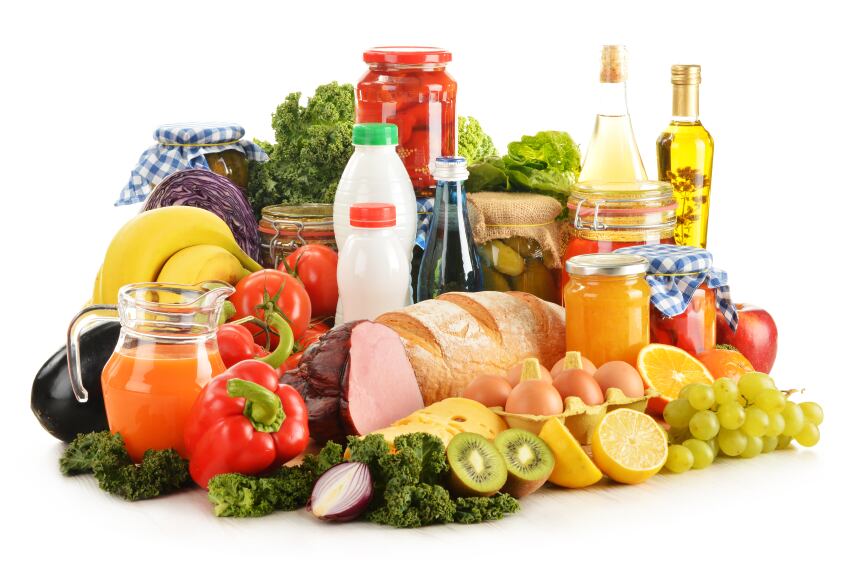What’s better for your blood glucose level, sushi or ice cream? It depends who you are, say researchers from the Weizmann Institute in Israel.
Led by professors Eran Segal and Eran Elinav, blood glucose levels of 800 people were monitored as they ate a total of 46,898 meals. They found “high variability” in individual blood glucose responses to the same foods, while the blood sugar level of some people rose more after eating than sushi than ice cream.
They then used this information to develop an algorithm which creates personalised diets for individuals – a ‘good’ diet which lowers blood sugar responses after a meal and a ‘bad’ diet which raises blood sugar response. Interestingly, they say, certain foods which appeared on one person’s ‘good’ diet featured on another person’s ‘bad’ diet.
The ‘good’ personalised diets also positively changed participants' gut microbiota, such as lowering the levels of Bifidobacterium Adolescentis, a bacteria for which low levels are associated with weight loss.
Things are going to get personal
Eran Segal told this publication he believes the research paves the way for a publicly available solution to personalised nutrition, with implications for the usefulness of universal dietary guidelines. “For many years, our thinking has been that people develop obesity, diabetes and other diet-related diseases because they are not compliant with our dietary advice. However, based on our study, another possibility is that people are in fact compliant but that the dietary advice that we are giving them is inappropriate,” he said.
“If a diet did not work for you, it may be the diet’s fault and not your fault.”
Segal said that “cost-effective and financially viable” personalised diets could be on the cards in the near future using a small amount of information garnered from questionnaires and a single microbiome sample.
According to Elinav, if the research is developed further it could be used to help prevent and treat metabolic disease, especially obesity and diabetes which affect close to half of the world’s population.
The study
In the first leg of the study, the researchers used a glucose monitor to measured glucose levels of 800 healthy and prediabetic individuals every five minutes for one week, collecting a total of 1.5 million measurements. They also took into account body size, physical activity, lifestyle and gut microbiota and individuals logged their food intake, exercise and sleep using a smart phone app.

During the first week, individuals followed their normal dietary patterns apart from breakfast which was standardised for everyone and included 50 g of available carbohydrates.
A high degree of interpersonal variability in blood glucose levels to the same food was noted. For bread, for instance the change in blood sugar level was between 44 and 31 units (miligrams per decilitre per hour) after an hour but the bottom 10% registered less than 15 units while the top 10% had more than 79 units.
Using these data they created an algorithm to predict personal responses to certain foods, the accuracy of which they then tested in a follow-up study involving 100 different individuals. Finally, Elan et al. recruited 26 participants for a double blinded randomised controlled trial and spent one week monitoring their responses as in the first experiement.
Using this data, a clinical dietitian compiled distinct but isocaloric meals for each participant, designed to be either good or bad. Participants followed each of the diets for one week during which daily stool samples were collected and glucose measurements were taken.
Spikes in blood sugar responses were recorded for the bad diets while levels remained stable for those on the good diet.
Source: Cell Journal
First available online 19 November 2015, http://dx.doi.org/10.1016/j.cell.2015.11.001
"Personalized Nutrition by Prediction of Glycemic Responses"
Authors: David Zeevi, Tal Korem, Niv Zmora, Zamir Halpern, Eran Elinav, Eran Segal
